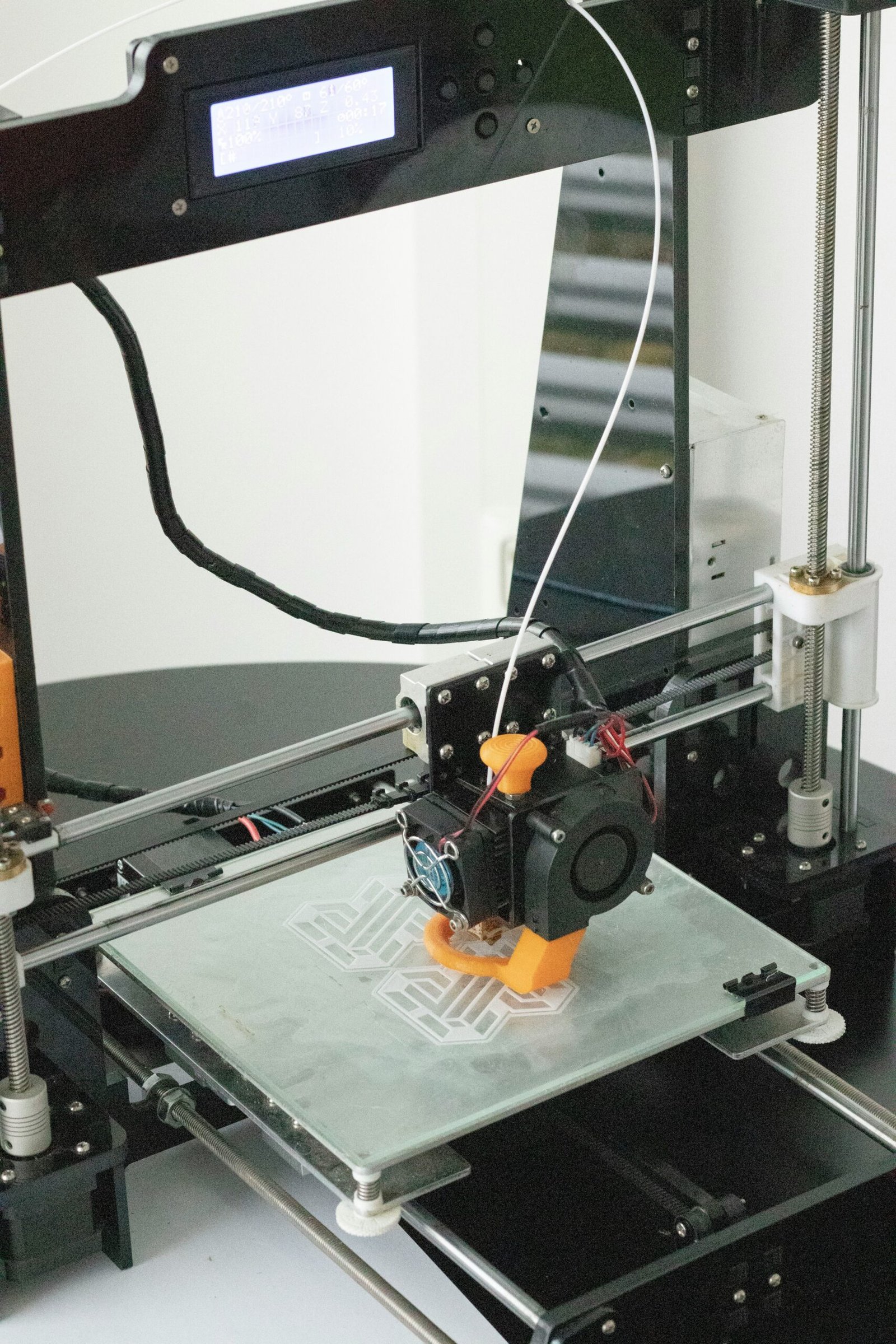
Introduction to Blockchain Technology
Blockchain technology, often hailed as a revolutionary development, forms the backbone of numerous advanced digital applications today. At its core, blockchain is a decentralized digital ledger that records transactions across a network of computers. This decentralization ensures that no single entity holds monopoly over the data, thereby enhancing its transparency and reliability.
One of the fundamental characteristics of blockchain technology is its immutability. Once data is recorded on a blockchain, it becomes virtually unalterable. This immutability is achieved through cryptographic hashes that link blocks of data together, creating a secure and verifiable chain of transactions. Consequently, this feature is highly valued for maintaining data integrity and trustworthiness.
In terms of security, blockchain harnesses the principles of cryptography to protect data from unauthorized access and tampering. Each participant in a blockchain network holds a copy of the ledger, and any transaction must be validated by a consensus of users before being added to the chain. This distributed validation process significantly mitigates the risks associated with central points of failure and cyber-attacks.
The initial application of blockchain technology was in cryptocurrencies, epitomized by Bitcoin. However, its utility extends far beyond digital currencies. For instance, blockchain is being leveraged in sectors such as supply chain management, healthcare, and finance to enhance transparency and efficiency. Its ability to provide a decentralized and tamper-proof record makes it ideal for verifying transactions, tracking assets, and ensuring compliance.
As we progress, it becomes evident that blockchain technology holds significant promise for transforming various facets of business operations. With its inherent qualities of decentralization, immutability, and security, blockchain sets a robust foundation for innovative solutions, particularly in Human Resources. The ensuing sections will delve deeper into how blockchain can be strategically implemented to enhance the transparency and efficiency of HR processes.
Blockchain technology stands as a transformative force in HR, especially in the realm of recruitment processes. By leveraging its transparent and immutable ledger system, blockchain can significantly enhance the verification of candidate credentials and work histories. Unlike traditional methods, which often require manual checking and can be susceptible to misinformation and fraud, blockchain offers a reliable solution. Each credential, whether it be educational qualifications or prior work experience, can be recorded and verified on a decentralized ledger. This ensures that the information remains tamper-proof and easily accessible for future reference.
Another critical advantage of blockchain in recruitment is its ability to reduce the risk of fraud and misrepresentation significantly. With traditional paper-based or even digitized records, there is always a lingering possibility of data manipulation. Blockchain, with its secure cryptographic algorithms, ensures that once a piece of information is added to the blockchain, it cannot be altered or deleted. This immutable quality builds a higher degree of trust between employers and job candidates.
Moreover, the decentralized nature of blockchain can streamline the verification process for HR departments. Instead of relying on third-party background check services, which can be time-consuming and costly, HR professionals can quickly and efficiently verify information directly from the blockchain. This immediate access to authenticated data reduces hiring timelines and enhances the overall efficiency of the recruitment process.
Real-world applications of blockchain in recruitment are already beginning to take shape. For instance, startups like WorkChain.io and Blockcerts are using blockchain technology to issue verifiable, tamper-proof academic and professional certificates. These blockchain-based platforms are making it easier for employers to verify candidate qualifications swiftly, thereby reducing the instances of resume fraud. Another example is IBM, which has been exploring the use of blockchain to track and validate employee credentials, making the onboarding process more transparent and secure.
In essence, the integration of blockchain into recruitment processes not only enhances transparency but also fortifies the trustworthiness and efficiency of hiring practices, fostering a more reliable and dynamic HR environment.
Streamlining Payroll and Benefits with Blockchain
Blockchain technology is increasingly being recognized for its potential to revolutionize various business processes, including payroll and benefits administration. By leveraging blockchain, organizations can streamline payroll processes, automating payments and deductions via smart contracts. These self-executing contracts, embedded with the terms and conditions necessary for payroll, ensure that employees receive timely and accurate compensation without the need for extensive manual intervention.
With the implementation of blockchain, the intricacies involved in payroll processing, such as handling different tax rates and deductions, can be executed seamlessly. This not only minimizes human error but also significantly reduces administrative overhead, allowing HR professionals to focus more on strategic initiatives rather than transactional activities. For example, companies like Bitwage have harnessed blockchain to offer global payroll solutions, enabling businesses to pay employees and contractors in multiple currencies with ease and precision.
Additionally, blockchain enhances the transparency of benefits administration. Employees can gain real-time access to their entitlements and track usage of benefits such as health insurance, retirement plans, and leave credits. This transparency fosters trust between employees and employers, as there is clear visibility into the allocation and consumption of benefits. Records stored on the blockchain are immutable and audit-ready, ensuring that all transactions are verifiable and tamper-proof.
The decentralized nature of blockchain also addresses concerns related to data privacy and security, which are critical in managing sensitive payroll and benefits information. By encrypting data and distributing it across a network, blockchain reduces the risk of unauthorized access and ensures the confidentiality of employee information.
Incorporating blockchain technology into payroll and benefits systems illustrates a forward-thinking approach to modern HR management. As more organizations adopt these solutions, they witness not only operational efficiencies but also strong employee satisfaction due to greater transparency and security in handling payroll and benefits.
Blockchain technology’s integration into Human Resources (HR) has the potential to revolutionize data security and privacy. One of the key advantages of utilizing blockchain lies in its ability to securely store personal and sensitive employee information. Traditional databases are vulnerable to cyber-attacks and unauthorized access; however, blockchain offers a robust alternative through its decentralized and encrypted framework.
Each piece of data stored on a blockchain is cryptographically secured, ensuring that only authorized individuals can access it. The decentralized nature of blockchain means that data is distributed across multiple nodes, making it harder for malicious actors to compromise the system. Even if one node is breached, the data across the entire network remains protected, significantly reducing the risk of large-scale data breaches.
Moreover, blockchain employs advanced encryption techniques to safeguard employee data. Each transaction or data modification is encrypted, and once added to the blockchain, it is immutable. This attribute ensures that any attempt to alter or tamper with the data is not only detectable but also virtually impossible to execute. As a result, employee records, payroll information, and other sensitive HR data remain secure from unauthorized tampering.
Despite the numerous benefits, there are concerns regarding data privacy in the context of blockchain technology. One potential issue is the transparency inherent in blockchain systems, which could inadvertently expose sensitive information if not properly managed. To mitigate these risks, HR departments can implement privacy-focused blockchain solutions such as zero-knowledge proofs or permissioned blockchains. These solutions allow for the verification of data without exposing the underlying information, ensuring both transparency and privacy are maintained.
Additionally, HR teams must stay compliant with data protection regulations such as the General Data Protection Regulation (GDPR). This includes having clear protocols for data access, consent, and the right to be forgotten, all of which can be facilitated through the meticulous design and implementation of blockchain technology in HR operations.









